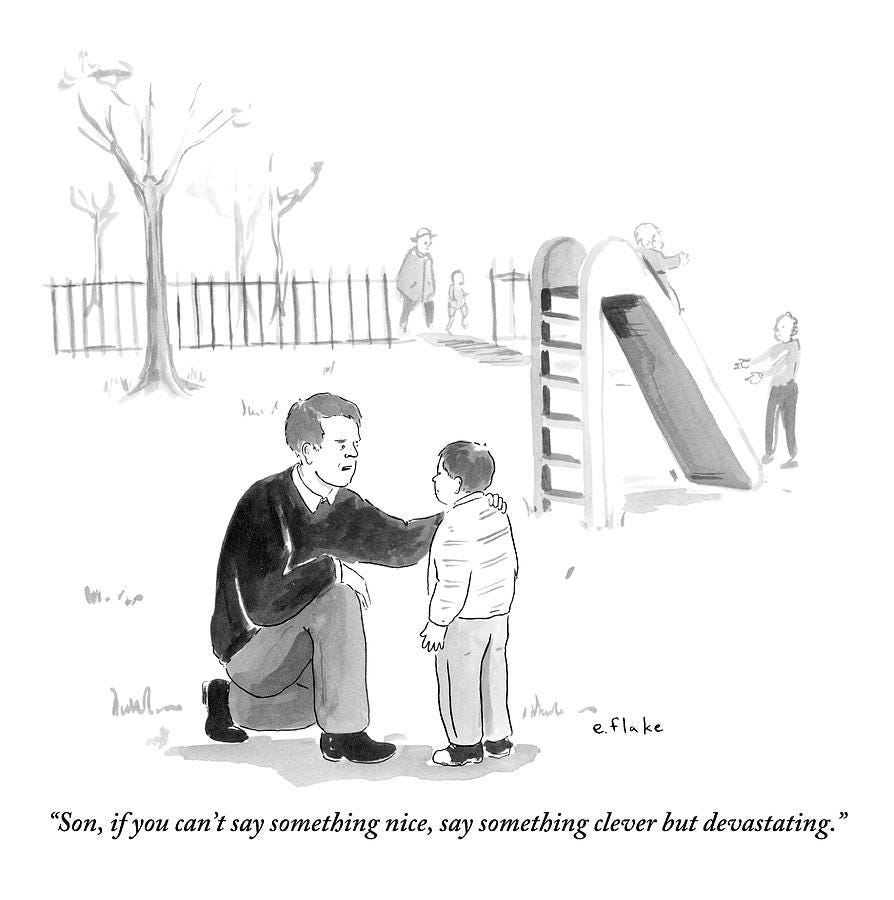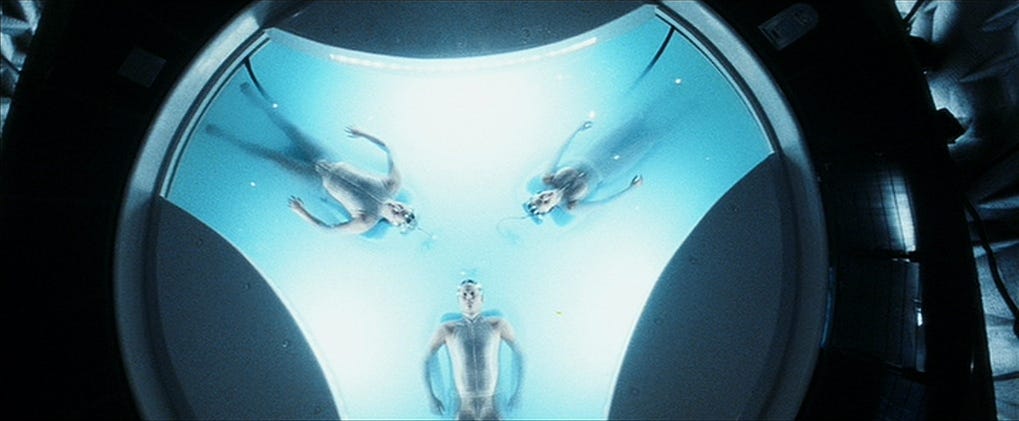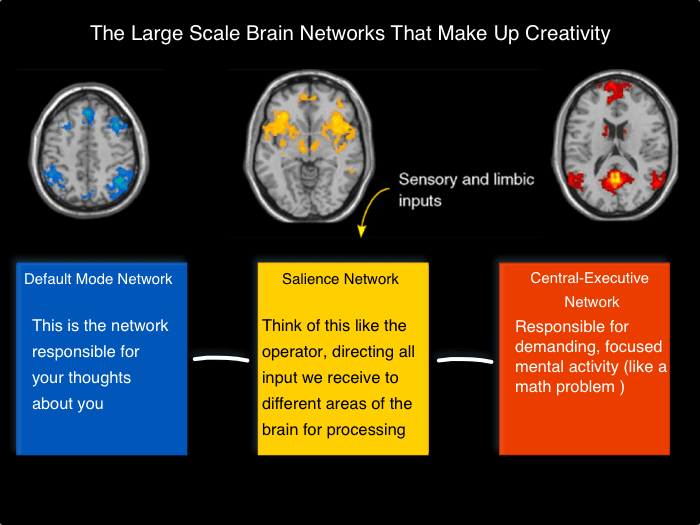Power Of Prospection
29 Apr 2023From Childhood Daydreamer to Future-Minded Leader

As a young boy, I always had a tendency to daydream and play out things that could happen in my head.
I remember a particular incident from my childhood when an uncle of mine started a tutoring practice in the early 90s teaching students how to write code. This was back when computers were a new thing and the internet was just in its infancy.
He invited my family to tour the facility on inauguration day. He later asked me what I thought about it. In my head, I analyzed the part of town where the facility was located, what they were teaching, and the perceived demand for those kinds of courses at the time. Without thinking much, I blurted out a rather honest and brutal assessment. I told him that it wasn’t going to be successful. Keep in mind, I was just a 12-year-old boy at the time, so luckily, everyone took it rather lightly and had a good chuckle. Fast forward a couple of years, and he ended up shuttering the business.
It was a setting very much like this one (source)
Over the years, I developed a habit of playing out things in my head this way. My family, especially my dad, was well aware of my, shall we say, future-mindedness. He would often tell his friends about it, and they would have a chuckle or two at my expense.
Here’s where things get interesting. I distinctly remember one time when my dad’s friend had a messy personal problem he was dealing with. He knew about my reputation for engaging in forethought or having premonitions, according to him, and asked to chat with me and get my take on his situation. This was a bit odd to me given that I was only 13 or 14 at the time, and he was a 45-year-old man. But the whole thing had me intrigued, so I went with it.

A Father Encourages His Son At The Playground by Emily Flake
He took me through the predicament he was in detail. In the end, I told him I see it all working out in his favor eventually. Maybe it was framing bias. By then, I had gotten into a habit of never explaining my train of thought but just giving them the “answer.” That’s what they were interested in anyway, and I didn’t have the interest or energy to debate the logic of my reasoning.
Fast forward a few years, and the situation played out just like how I had predicted, much to the excitement and relief of our family friend. This experience made an impression on him. So much so that offered to introduce my family to a journalist he happened to know in a prominent global magazine publication (rhymes with the word dime) at the time.
The idea was that he could write a little story about me and my “psychic abilities.” Whoa, I thought. I’m no psychic. Luckily, my parents were on the same page and felt like that would be a terrible idea to put a spotlight on me at such a young age. It would likely attract all the wrong kinds of attention. Now looking back it was almost like a Minority Report precog origin story. I’m glad we walked off that ledge.

Precogs from Minority Report
Fast forward 25 years, and now I finally realize that what I was engaging in is known as prospection in psychology. I was tapping into an innate human ability to anticipate and evaluate future possibilities.
During my time at BetterUp, I had the privilege of learning more about this topic. According to Tomorrowmind, a book authored by Gabriella Rosen Kellerman and Martin E. P. Seligman, two esteemed members of the company’s science board, daydreaming is not merely a form of idleness, but instead an important catalyst for prospection, creativity, and innovation. This insight has helped me better understand the value of letting my mind wander and appreciate the benefits it can bring.
This process is facilitated by a group of brain areas known as the default mode network (DMN), which becomes active when we’re not focused on a particular task. The DMN is particularly skilled at helping us imagine and plan things, and when we start daydreaming, it turns on and we start making new connections and ideas. While many of these initial ideas may seem like gibberish, a few will offer enough value to pique the interest of other networks in the brain, which will sense, refine, and further develop these ideas (source).
So while I’m still not a psychic, I’ve leaned into that ability to engage in creativity and prospection by intentionally engaging what I now know is my DMN, which has paid dividends in my engineering career, where anticipating problems and coming up with creative solutions is a big part of the job.
Although the key to this is to be very intentional about daydreaming and prime your DMN. Here are some tips on how to do that:
- Carve out time for daydreaming: Set aside some time each day to let your mind wander and engage in free thinking. This can be as simple as taking a walk or sitting in a quiet space and letting your mind roam.
- Focus on positive possibilities: When daydreaming, focus on positive possibilities and outcomes. This can help activate your brain’s reward system and boost your motivation and creativity.
- Use visual and sensory cues: Engage your DMN by using visual and sensory cues to help trigger your imagination. For example, you could use a vision board, a journal, or a specific scent to help you tap into your creative flow.
- Practice mindfulness: Mindfulness can help quiet the chatter in your mind and create space for deeper thinking. Consider incorporating mindfulness practices like meditation or deep breathing into your daily routine.
- Seek out novel experiences: Novel experiences can help activate your brain’s reward system and encourage prospection. Try new activities, travel to new places, or read about unfamiliar topics to keep your brain engaged and curious.
So go ahead, let your mind wander, and see where it takes you. You never know, it might lead you to your next big thing!

